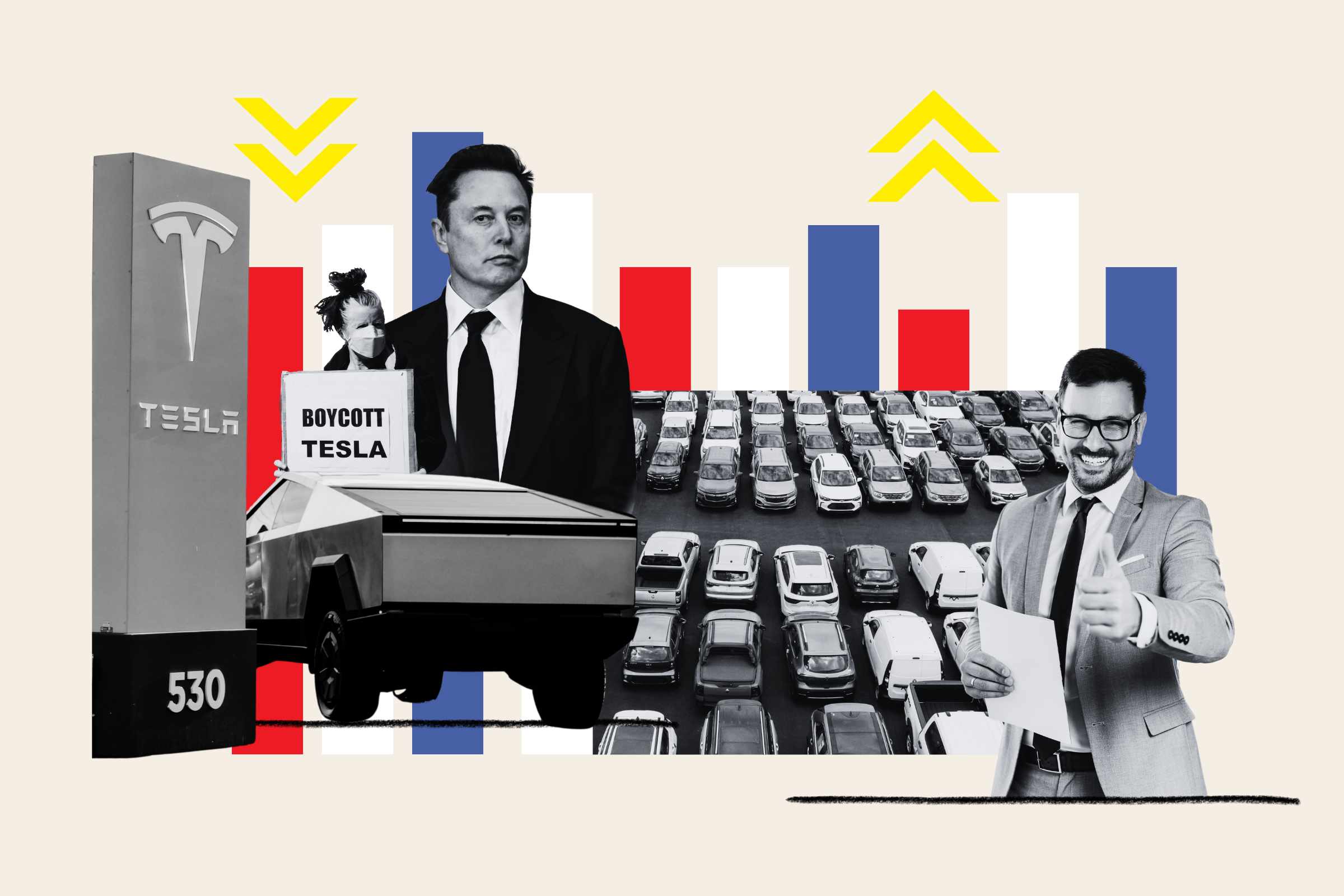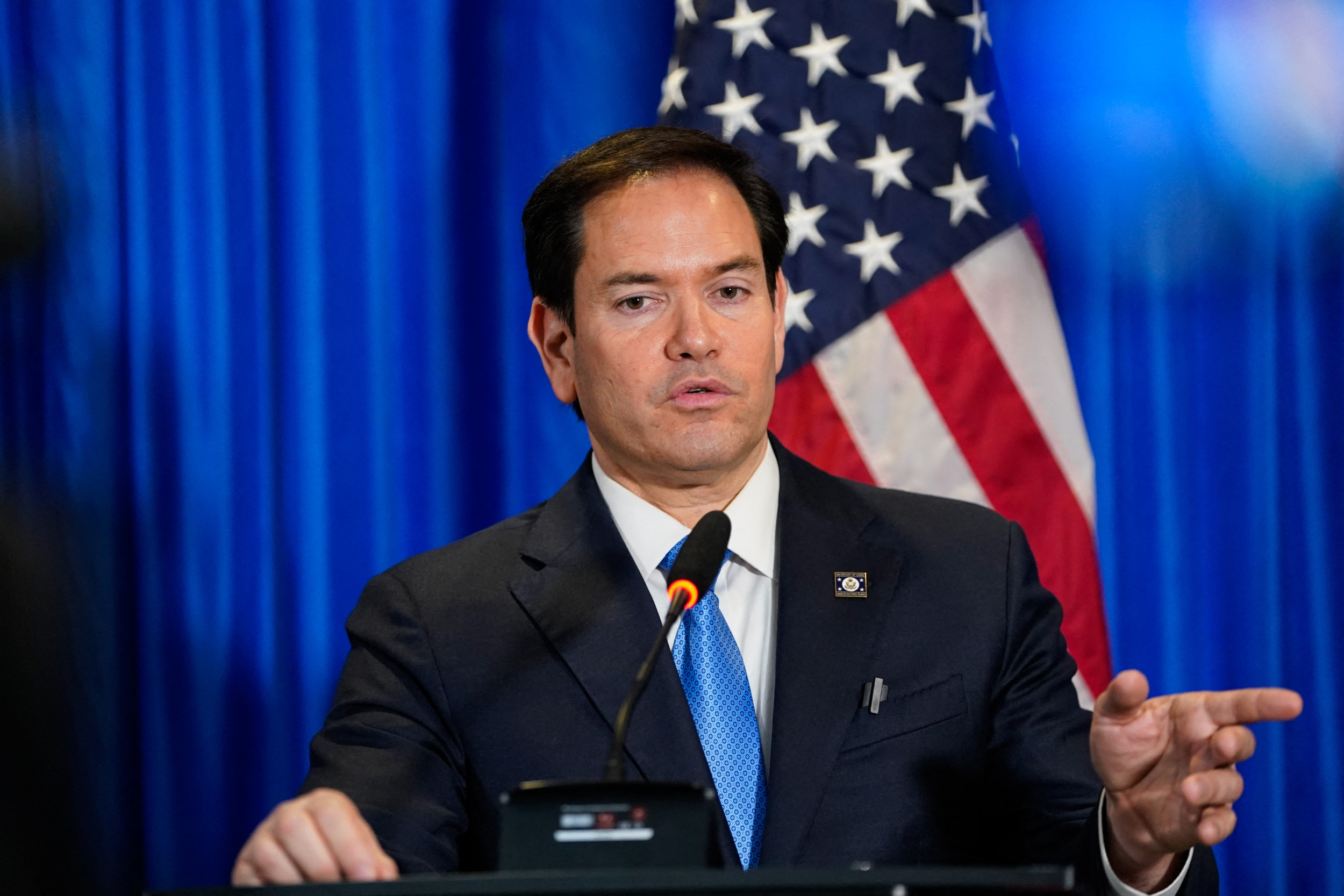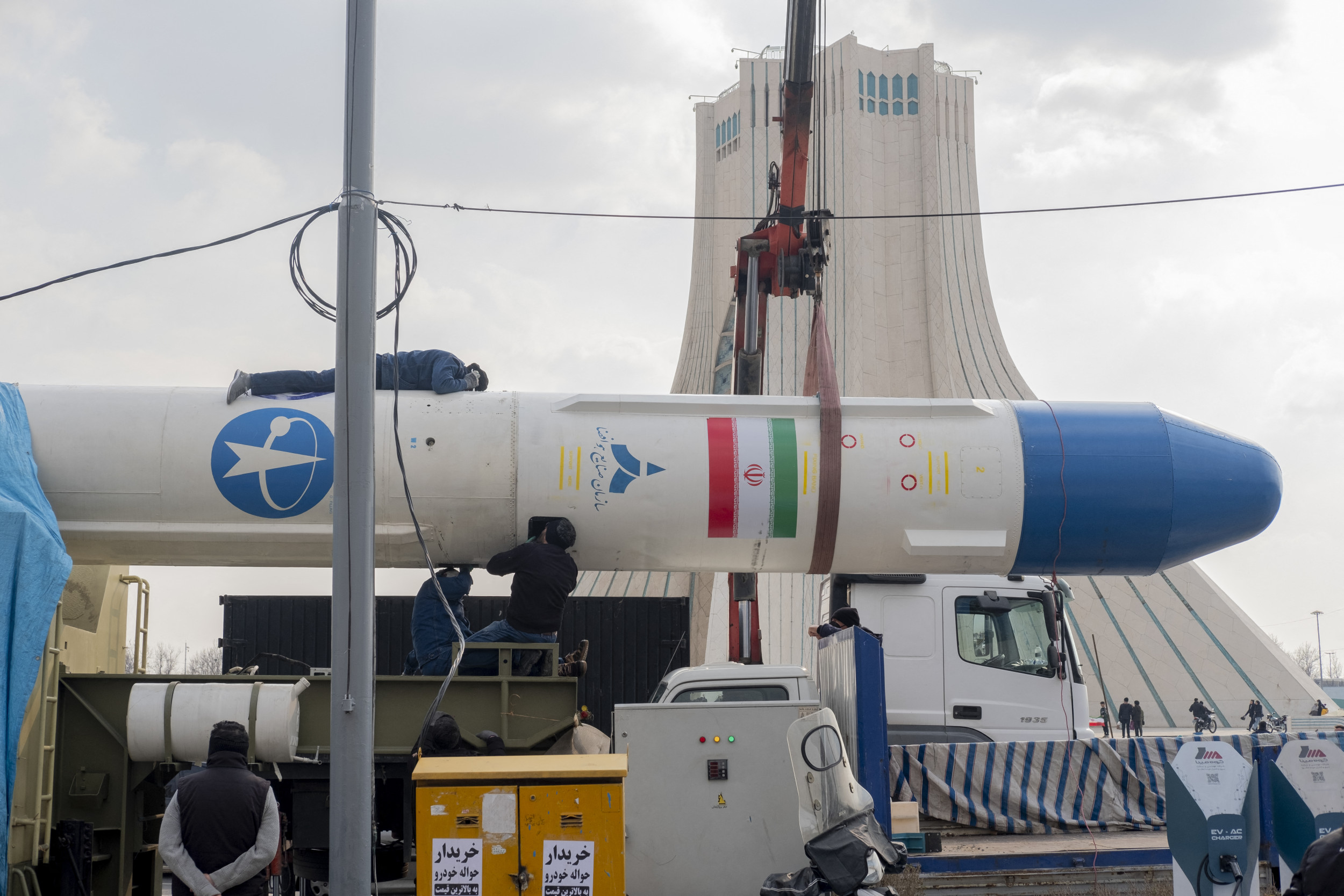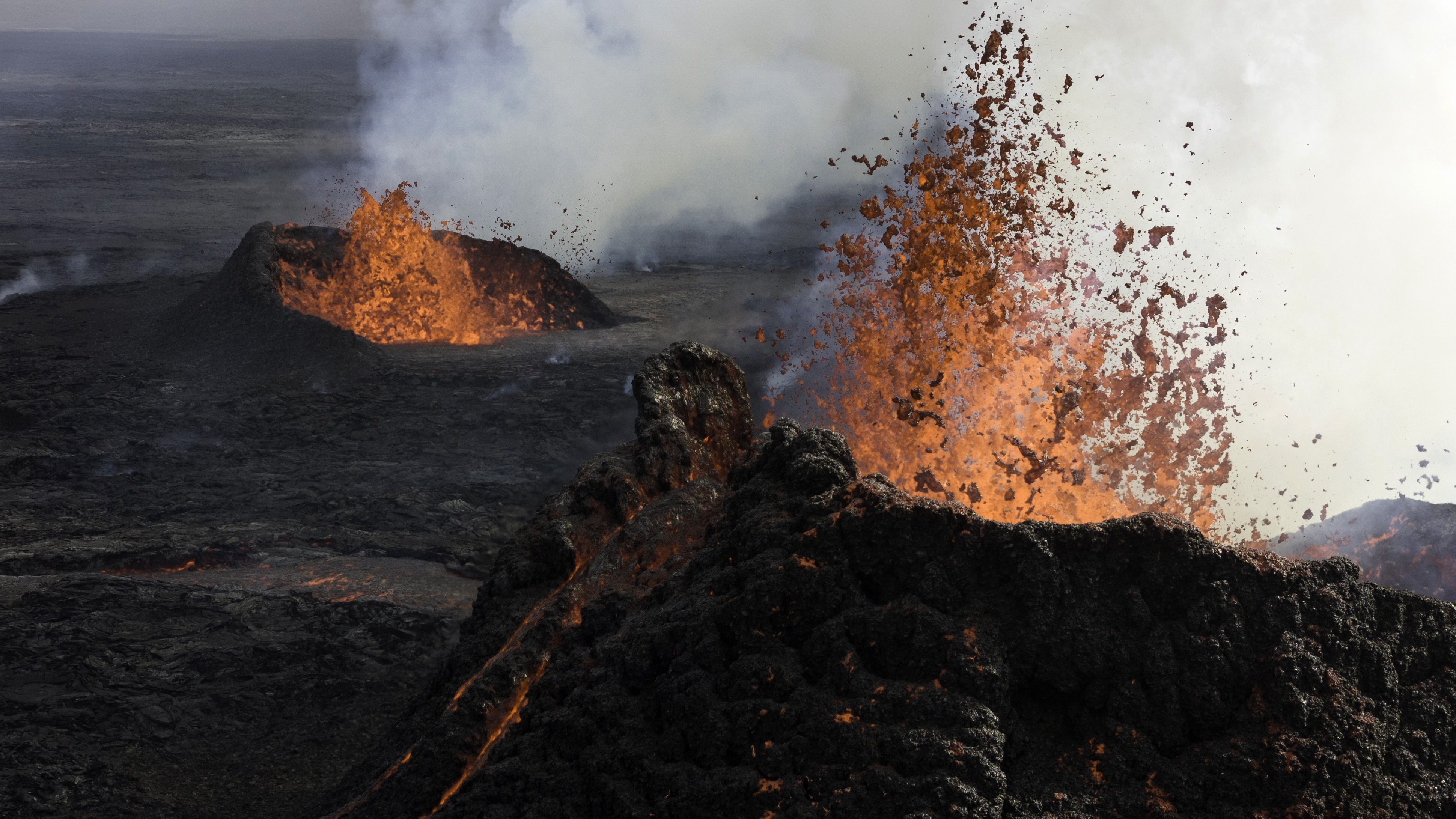Rheinmetall, the German defense giant once controlled by the Third Reich, is considering acquiring one of Volkswagen's soon-to-be idle plants, exploring ways to repurpose existing automotive infrastructure for military production.
After predicting strong sales growth for 2025, Rheinmetall CEO Armin Papperger said on an earnings call this week that the weapons manufacturer sees an opportunity to expand production capacity as struggling carmakers cut back operations.
Why It Matters
Rheinmetall's interest in unused auto plants aligns with its broader strategy to expand defense production amid rising European military expenditures. The Düsseldorf-based company reported a 30 percent increase in its defense business last year, driving total sales to $10.6 billion.
The German government has pledged to significantly boost its defense budget, part of a broader European trend of rising military spending in response to geopolitical shifts. This includes the potential impact of a ceasefire in the Russia-Ukraine conflict and growing pressure from President Donald Trump on European allies to increase defense investments after his administration signaled that defending Europe was no longer a priority.
During WWII, Rheinmetall — then known as Rheinmetall-Borsig — was absorbed into Germany's state-owned industrial conglomerate that produced arms for the Nazi war effort. The company's production lines were partially staffed by enslaved people from concentration camps, according to its website. Its weapons manufacturing was severely curtailed during the Allied air raids toward the end of the war.
What To Know
Speaking to reporters on Wednesday, Papperger confirmed that Volkswagen's Osnabrück plant in northern Germany is being evaluated as a potential site for military production.
"Osnabrück would be a very suitable location for defense production," Papperger said. He noted that while Rheinmetall could convert some of its own automotive plants, acquiring sites from automakers under the right conditions was also an option.

Volkswagen had previously announced that it was exploring alternative scenarios for the factory, including a potential sale. The facility, historically used for assembling Volkswagen, Porsche and Skoda models, faces an uncertain future amid declining demand and restructuring efforts within Germany's auto industry.
From Cars to Tanks
The Osnabrück plant, which features heavy-duty cranes and high load-bearing capacity, is well-suited for producing armored vehicles, including the Lynx infantry fighting vehicle, Papperger said. However, he emphasized that substantial orders would be required before Rheinmetall commits to acquiring the site.
"If the conditions are right, things could move quickly," he added. Papperger also stated that before investing in a new tank factory in Germany, Rheinmetall would first consider repurposing an existing facility.
Volkswagen has not yet confirmed formal negotiations with Rheinmetall. However, Volkswagen CEO Oliver Blume acknowledged that the company is evaluating multiple options for Osnabrück.
What People Are Saying
Rheinmetall CEO Armin Papperger to reporters on Wednesday: "An era of rearmament in Europe has begun. At Rheinmetall, it also brings us growth prospects for the coming years that we have never experienced before."
European Commission President Ursula von der Leyen told reporters after the NATO summit on March 7: "Europe faces a clear and present danger, and therefore Europe has to be able to protect itself, to defend itself."
U.S. Secretary of State Marco Rubio to Fox News on February: "NATO is not in jeopardy. The only thing that puts NATO in jeopardy is the fact that we have NATO Allies who barely have militaries or whose militaries are not very capable because they've spent 40 years not spending any money on it. We've been NATO".
What Happens Next
In addition to its moves in Germany, Rheinmetall recently completed a major acquisition in the United States, purchasing Michigan-based Loc Performance Products for $950 million.
The company's stock has been outperforming the broader German DAX, up some 180 percent over the last year driven by increased defense spending in Europe. Rheinmetall is now larger, on a market capitalization basis, than Volkswagen.
fairness meter
About the writer
Jesus is a Newsweek reporter based in New York. Originally from Bogotá, Colombia, his focus is reporting on politics, current ... Read more




